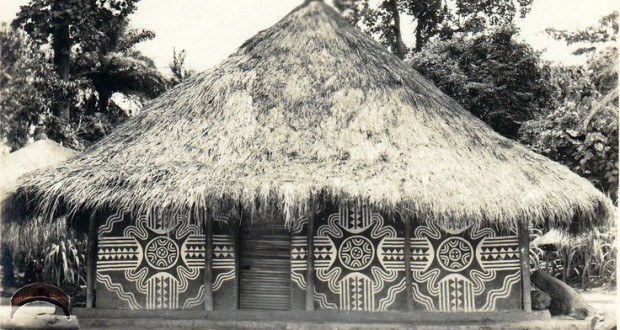It will take 28 years for a prey that migrates every 7 years to be eaten by a predator that migrates every 4 years. However, it will only take 16 years for a prey that migrates every 8 years to be eaten by a predator that migrates every 4 years. So, by choosing odd years to migrate, the former prey extends its life expectancy by 12 years.
Interestingly, in the Old Oyo Kingdom, in the time of war, the Alaafin (I.e. the commander in chief of armed forces) and the Oyomesi (I.e. traditional senators) often chose odd days to send cryptic messages (I.e Aroko) to the Aare Onakakanofo (I.e. Generalissimo) on the battle field.
Wait for it: in pure math, it’s found that most odd numbers are prime, and they’re very difficult to guess in a sequence, making them excellent crypto keys. In fact, very recently, anthropologists discovered an insect in South America that uses a prime-numbered life-cycle to drive natural selection.
It’s not surprising to me that some insects use a prime-numbered life-cycle to drive natural selection, for insects are connected to nature and their environment. It’s very surprising, however, that, in the Old Oyo Kingdom, the Alaafin and the Oyomesi adopted same “prime-numbered crypto-scheme” to game their enemies. Could it be that the Alaafin and the Oyomesi were connected to nature and they studied their natural environment?
Anyway, to those gullible Yoruba youths who often diss their ancient antecedents and run away from their own epistemic cultural framework, I say: all knowledge emanates from one’s environment, and if you’re not grounded in the realities of your environment, you can never succeed, as a collective, in the game of life.
 Ọmọ Oòduà Naija Gist | News From Nigeria | Entertainment gist Nigeria|Networking|News.. Visit for Nigeria breaking news , Nigerian Movies , Naija music , Jobs In Nigeria , Naija News , Nollywood, Gist and more
Ọmọ Oòduà Naija Gist | News From Nigeria | Entertainment gist Nigeria|Networking|News.. Visit for Nigeria breaking news , Nigerian Movies , Naija music , Jobs In Nigeria , Naija News , Nollywood, Gist and more









